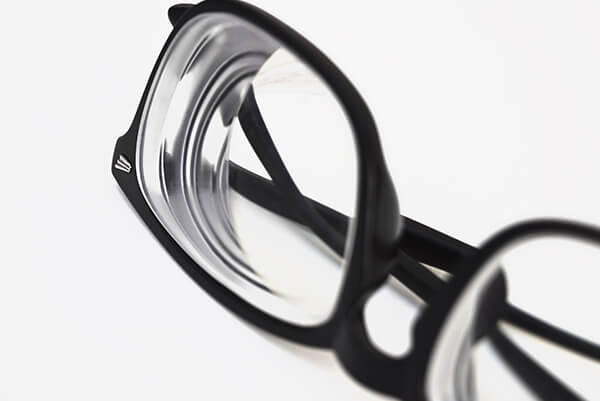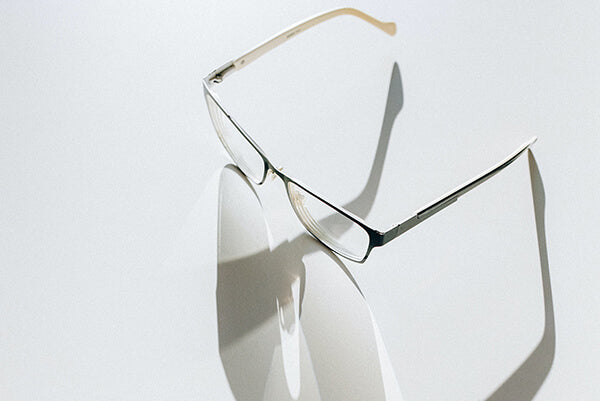A good pair of lenses can stabilize vision, reduce eye fatigue, and prevent myopia from deepening. If the spectacle lens is not good, it will have a great impact on the eyes. For example, the eyes are prone to fatigue, and sometimes dizziness due to quality problems, but the depth is increased. Do you feel clueless about the professional knowledge of lenses? Take it easy, after reading this article, I believe you will have some new insights.
Traditionally, there are two types of lenses, glass lenses and resin lenses.
Glass lenses
The main raw material of glass lenses is optical glass, which has superior optical properties, good light transmittance and mechanochemical performance, constant refractive index, and stable physical and chemical properties. Secondly, glass lenses have a higher refractive index and are often used for lens purposes. The highest refractive index is 1.9. Finally, the surface of the glass lens is harder and more resistant to abrasion.
However, the weight of the glass lens is relatively large due to the material, which affects its wearing comfort to a certain extent. In addition, the glass lens itself is fragile, especially with the improvement of the production technology and technology of the resin lens. In recent years, the use of glass lens Fewer and fewer.
Resin lenses
Resin lens is an organic material with a polymer chain structure inside, which is connected to form a three-dimensional network structure. The intermolecular structure is relatively loose, and there is a space for relative displacement between the molecular chains. The light transmittance rate is 84%-90%, good light transmittance, and strong impact resistance of the optical resin lens. Resins can be divided into two types: natural resins and synthetic resins. Resin lens is a lens that is chemically processed and polished with resin as the raw material.
The hazards of lens scratches
1. After the lens is scratched, the light transmittance will decrease and the vision will be blurred
2. After the lens is scratched, the light transmittance decreases, and the ciliary muscle of the eye needs to be heavily adjusted to see things clearly, which can easily cause visual fatigue.
3. After the lens is scratched, it is easy to cause the eye power to deepen quickly
4. The film layer is damaged after the lens is scratched, it is easy to fall off, and harmful light can enter directly.
In addition, what we need to know is that glasses and lenses have a shelf life, some one year, some two years, some 3-5 years, and the general is about 1.5-2 years. If you don’t take good care of the lens, it will need to be replaced soon. However, in daily life, the most prone to minor problems are the kind of small scratches, which are very numerous and evenly distributed. Most of them are caused by not paying attention to the glasses and rubbing everything. Such scratches will cause refractive power. Change, the light transmittance will decrease, the function of the film will be lost, and the vision will be poorly corrected. If you don't see things clearly, like a layer of fog, you need to replace it in time.







































